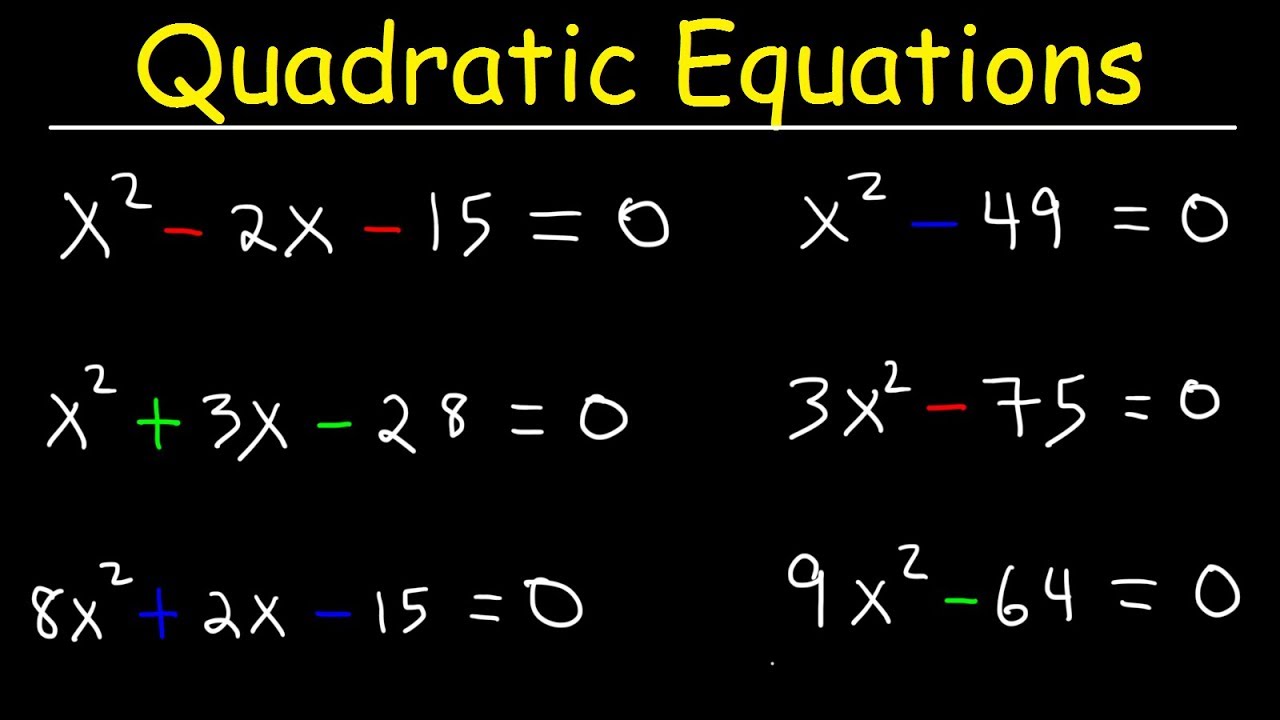
How to Properly Cite a Speech for Academic Success
Understanding the Importance of Citing Speeches
Citing speeches is a crucial aspect of academic integrity. It ensures that speakers receive proper acknowledgment for their ideas and contributions. By adhering to citation guidelines, you not only validate your work but also empower your audience with the ability to trace the origins of your information. Citing speeches enhances the credibility of your arguments, whether you are analyzing a TED talk, referencing a courtroom address, or critiquing a famous public speech. Citations come in various formats, including APA, MLA, and Chicago style. Understanding how to properly cite a speech across these styles will help you navigate academic requirements and enhance the clarity of your work. Moreover, accurate references contribute to effective communication, allowing your audience to engage more fully with your content. This introductory section sets the stage for deeper insights into the intricacies of speech citation.The Basics of Speech Citation Formats
Different academic contexts require specific citing styles, and speeches are no exception. The three most widely used formats for citing speeches include APA, MLA, and Chicago style. - In **APA format**, refer to the speaker's last name, first initial, the year of the speech, the title of the speech in italics, and the source. For example, "Smith, J. (2022). *The Future of Technology*. TEDx Talks. Retrieved from [url]." - For **MLA format**, you would format the citation as follows: "Smith, John. *The Future of Technology*. TEDx Talks, 2022, [url]." - **Chicago style** employs a slightly different structure, often including details in footnotes: "John Smith, *The Future of Technology* (Chicago: TEDx Talks, 2022), [url]." Understanding these differences is essential for correctly attributing speeches, ensuring that your references not only comply with academic standards but also reflect your diligence in sourcing information.Attributing Different Types of Speeches
When referencing speeches, different types require distinct attention. For instance, academic speeches found in conferences are often cited similarly to journal articles. In contrast, informal public speeches might require a simpler format. Understanding the nature of the speech is key to applying the right citation method. Conference and professional speeches can be cited as follows: "Doe, Jane. *Innovation in Education*. Presented at the Annual Education Conference, 2022, [url]." This type of citation includes the speaker, title, type of presentation, and context. In contrast, a TED talk would reflect the platform's specific style, as seen previously. Moreover, citing historical speeches implies that you bring an analytical angle, discussing the context in which they were delivered. For example: "Martin Luther King Jr., *I Have a Dream*, delivered in Washington, D.C., August 28, 1963." With these variations in mind, we can now explore the specifics of each citation style in separate sections.Effective Citation Techniques for Academic Success
Incorporating Quotations and Paraphrasing
Embedding quotes from speeches is an effective way to support your arguments. When integrating a direct quote, ensure it fits seamlessly into your text. For instance: "As Jane Doe stated, 'Innovation takes courage,' highlighting the need for brave new ideas in education." When paraphrasing, it's essential to maintain the original message's essence without reproducing it verbatim. This technique allows for more fluid reading and encourages the integration of the speaker's ideas in a manner that suits your writing style. It is crucial to still cite the source accurately to avoid plagiarism. Utilizing paraphrasing effectively involves summarizing the speaker's key points and infusing your insights. Remember, even when you paraphrase, you must credit the original speaker: "The courage to innovate remains a crucial factor, echoing Doe's sentiments."Using Speech Transcripts for Accurate References
For some speeches, such as those presented at formal events or online platforms, transcripts might be available. These documents can serve as reliable sources when crafting your citations. In cases where you access a transcript, ensure you cite it correctly according to the style guidelines you're following. For example, APA citation for a transcript might read: "Doe, J. (2022). *Innovation in Education* [Transcript]. Retrieved from [url]." In contrast, MLA would format it as: "Doe, Jane. *Innovation in Education*. Transcript, 2022, [url]." Utilizing transcripts enhances the accuracy of your citations, especially when the speech is lengthy or includes complex arguments. Always check the authenticity of transcripts and their availability to strengthen your academic work.Common Mistakes to Avoid When Citing Speeches
Maintaining academic integrity requires diligence in citation practices. Some common mistakes include failing to provide adequate details in citations, overusing or misusing quotes, or even neglecting to cite sources entirely. It's essential to ensure each citation includes the speaker's name, title of the speech, date, and source. Another pitfall includes not maintaining consistency in citation formats throughout your paper. Select a specific citation style and stick to it for all references related to speeches. This adds to the professionalism of your work and showcases your understanding of citation obligations. Avoiding these mistakes contributes significantly to the clarity and credibility of your arguments, reinforcing your position and aiding in your readers' comprehension of the material presented.Speech Citing Styles in Detail
APA Citation Style for Speeches
The APA format emphasizes clarity and brevity, making it suitable for social sciences. When citing a speech, you must adhere to strict formatting conventions. An APA citation typically includes the author's last name, first initial, date, title of the speech in italics, type of presentation, and source. Example: "Smith, J. (2022). *Transformative Learning in Education* [Speech]. Retrieved from [url]." This structure provides clear guidance on locating the original source, which is crucial for academic writing. Additionally, in-text citations for spoken material must also follow the APA standards: "As stated by Smith (2022)." This provides immediate reference and enhances the flow of text.MLA Citation Style for Speeches
MLA style is frequently used in humanities and emphasizes authorship. It requires the inclusion of the speaker's name, title, source, and any relevant context about the speech. The MLA format can be very beneficial for analyzing speeches in literary contexts. For instance, if you were referencing a lecture, the citation might appear as: "Gonzalez, Maria. *The Future of Innovation*. Annual Tech Lecture, June 2022, [url]." This provides not only the speaker but also the setting, allowing for richer academic dialogue. The in-text citation method in MLA is similar, using the speaker's name: "In her lecture, Gonzalez emphasizes the role of innovation."Chicago Style Citation for Speeches
Chicago style is known for its flexibility, accommodating various formats, including notes and bibliography as well as author-date citations. When citing a speech, the details vary based on the citation method you choose. - A note for a speech might read: "John Smith, *Effective Speech Techniques* (Chicago: Professional Communication Conference, 2022), [url]." - In the bibliography, it would appear as: "Smith, John. *Effective Speech Techniques*. Chicago: Professional Communication Conference, 2022." This variation allows a comprehensive approach depending on the context. Regardless, maintaining consistency in citations enhances the integrity of your research and supports your credibility as an author.Real-Life Applications of Speech Citation
Citing Famous Speeches in Research
Incorporating famous speeches into academic research not only bolsters arguments but also engages audiences by connecting historical or influential content with contemporary analysis. Citations in this domain require careful attention to context and authorial intent. For example, if you refer to Martin Luther King Jr.'s "I Have a Dream," your citation must reflect the speech's historical significance. An example citation could be: "King, Martin Luther Jr. *I Have a Dream*. Speech, delivered in Washington, D.C., August 28, 1963. National Archives, [url]." Such careful sourcing allows students to discuss themes of justice and equality meaningfully while supporting their arguments with authoritative voices.Practical Implications for Public Speaking Citations
In public speaking, citing sources effectively can enhance your credibility in the eyes of the audience. Whether quoting a statistic or referencing another speaker's ideas, acknowledging the original source fosters audience trust and establishes your authority. Consider a speaker discussing recent data; citing the source accurately not only reinforces the argument but also invites the audience to explore the topic independently. For example: "According to a study by Smith (2022), the consequences of technology on education are profound." This technique strengthens your message while ensuring rigorous standards of integrity in your discourse.Crafting Speech Summaries with Proper Citations
Summarizing speeches effectively while maintaining proper citations can foster better understanding. When creating summaries, retain the essence of the speaker's messages while incorporating your insights. Always end with a citation that leads back to the original speech. For instance: "Doe emphasized the transformative nature of education, citing multiple case studies to support her approach. *Transforming Education* (2022) provides more details." By summarizing accurately and using citations, you engage your audience while enabling them to delve deeper. Utilizing summaries not only aids in comprehension but also allows you to weave quotes into your analysis seamlessly, reinforcing your arguments and bolstering the overall integrity of your work.Conclusion: Mastering Speech Citations for Academic Excellence
Mastering the art of citing speeches is essential in academic writing. By understanding the nuances of various citation styles, you adapt your referencing techniques to fit different contexts. Effective citation not only adheres to academic standards but also promotes ethical practices and intellectual honesty. As you enhance your understanding of citation techniques, remember that each speech presents a chance to connect deeper with the content and its impact. Strive to continually refine your citation practices, as each successful integration contributes to a richer, more credible academic landscape. For those venturing into the world of speech analysis or public speaking, mastering proper citations is not merely an option—it is a necessity.
